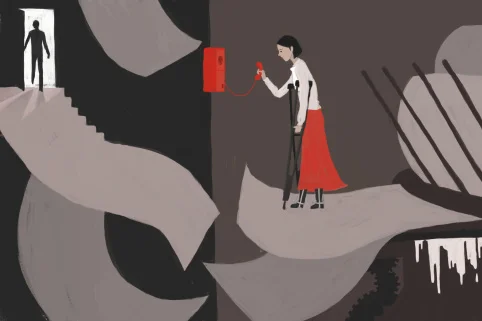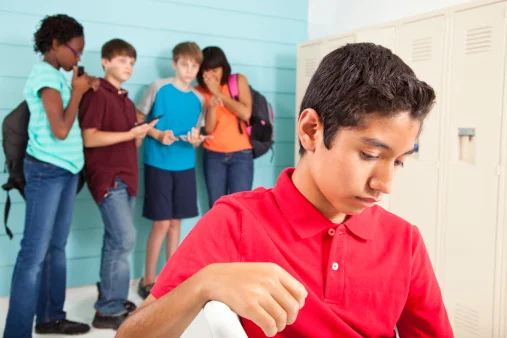+1 845 259 2974 (11 a.m to 7 p.m CST)
School bullies on the prowl: why your disabled teen needs you

Teens with some sort of disability tend to attract far more attention than their counterparts. This is particularly true in case of bullies, who get a real kick out of intimidating disabled teens through inappropriate and sadistic humor, threats and even physical altercation. Several researches on the matter have revealed that teens with disabilities are three-times more prone to getting targeted than other students.
Since the victims refuse to stand up for themselves or report it to the concerned authority due to fear of escalation in bullying, they continue to suffer in silence. Their confidence starts to drop, while their academic performance begins to deteriorate. In some cases, the teen may become suicidal. Bullying children with disabilities is easier because of their fears. Teenage bullying has been on the rise of late. For the safety and healthy development of their disabled teen, it is critical that parents know how to smell trouble almost immediately. Furthermore, they should be aware of the necessary steps that must be taken to bring the victimization of their teen to end.
If you see smoke, there is definitely fire
Parents must understand that their teens would hardly ever come and share their school troubles with them. Therefore, they will have to make an effort on their own to find out if anything is amiss. The best way to do is to observe them closely. If an anomaly such as change in sleeping pattern, change In appetite, change in behavior, frequent complaints of body ache, depression and suicidal thoughts, low self-esteem and sudden loss of interest in activities that they loved is noticed, then there should be no doubt about the teen having trouble at school. Probing further would help discover the actual problem, which in most cases for disabled teens is bullying.
Confrontation holds the key to truth
Once it is sensed or confirmed that the teen is having a tough time at school, parents must confront them. Questions must be asked and honest answers must be encouraged. If the underlying problem is bullying, the teen must be encouraged to share details such as the frequency, extent and mode of bullying. If internet and cell-phone is being used to make the child suffer, ask to see the material. Parents should know precisely how to prevent bullying.
Evidence is the only weapon you need
Parents should gather all the material that has been used to inflict mental torture on the child. If there are emails, a print-out should be taken. If there is a website with inappropriate content about the child, then the URL should be noted down. If the bullying is taking place at some social networking website such as Facebook, make sure you know how to get to that conversation or page.
Time to go back to school
Visit the school and inform the principle about the problem that your child is facing. Share the evidence and ask for an immediate action to bring the teen’s suffering to an end.
The need for countermeasures
There is a very fine line between bullying and harassment. If the child is getting threatening emails or text messages, or has been physically assaulted, then this is definitely a case of harassment and therefore local police should be contacted. There should be no hesitation to take this step as it is a question about the teen’s safety.
The responsibility of parents is not simply limited to rescuing their disabled teen from bullying at school when they become aware of it, but in fact extends to protecting the child from becoming a victim again in the future. How parents go about doing that is entirely up to them, though common measures include installing filters and monitoring software on their computer and cell phone, keeping a check on whom they talk to or hang out with, etc.





















